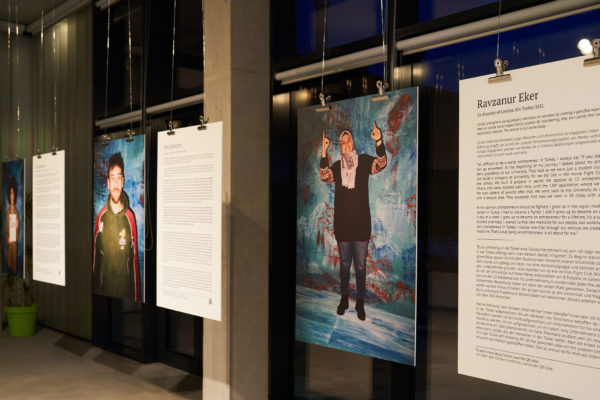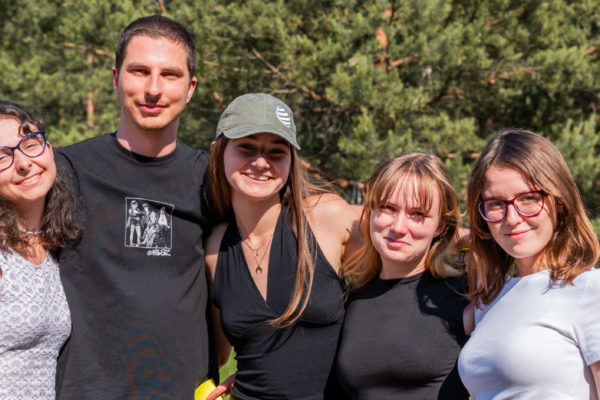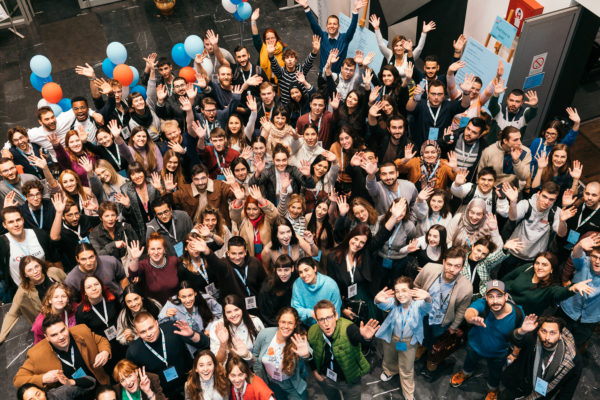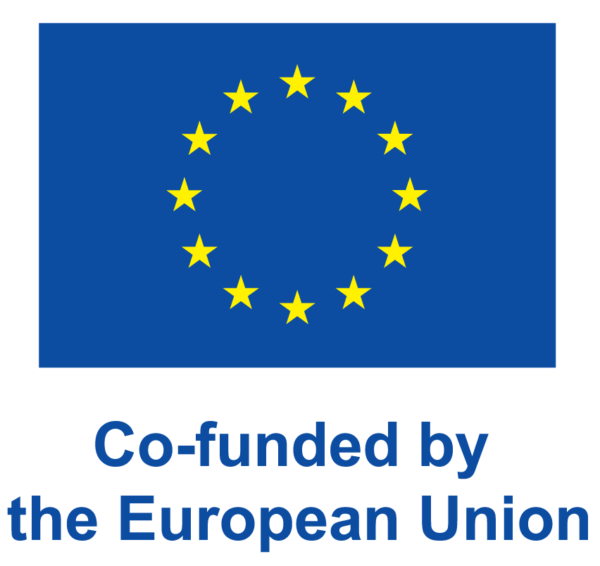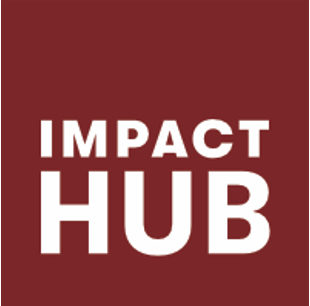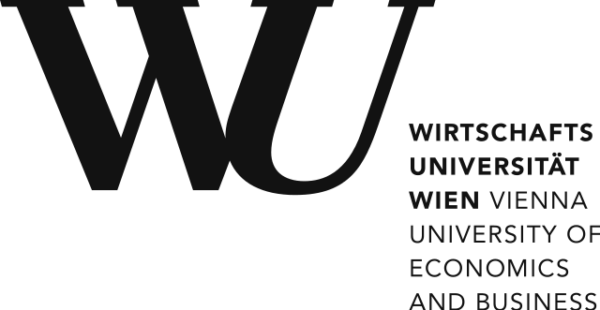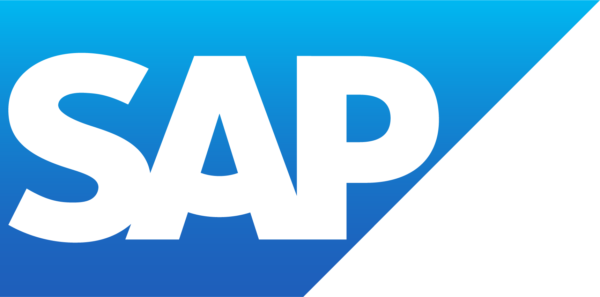
Ambition 2030 – SIA’s New Path Forward
Introducing our new strategy, aimed at helping us deepen and scale our impact until 2030.
2023 marked a turning point for SIA. With so much change around the world and in the ecosystem since SIA’s early beginnings in 2009, there was a need to realign and understand SIA’s true purpose. What do we do best? What space do we occupy in this global movement towards social and environmental transformation? How can we best empower young people to drive this transformation?
SIA was founded in 2009, with the promise to help young people create innovative solutions to the world’s most pressing issues. This promise has remained core to our work since then, and was supported by our 5 year strategic plan that oriented our efforts from 2018 to 2023. This has helped us achieve record impact, supporting over 60.000 young people start over 1.300 initiatives in 25+ countries.
But with the end of a strategy comes a new one. And as we like to do things thoroughly at SIA, we did not skimp out on the process. We set out on an extensive journey to redefine SIA, both inside and out. The main principle was co-creation. We wanted to bring the entire community onboard to make it a truly co-creative effort.
Over one full year, we held 28+ consultation sessions and 8 full day workshops with over 200 stakeholders including alumni, partners, team members. SIA is a community made up of thousands of incredible people holding different experiences and needs. It was crucial for us to dive deep into this community’s experiences, and facilitate the creation of a strategy that could fulfill their diverse needs and help us further our impact.
After a thorough process, SIA has a redefined mission, vision, and a strategy to lead our community through to 2030, which you can read more about in the next article of our Ambition 2030 series.
This action is co-funded by the European Union. Views and opinions expressed are however those of the author(s) only and do not necessarily reflect those of the European Union or European Education and Culture Executive Agency (EACEA). Neither the European Union nor the granting authority can be held responsible for them.

